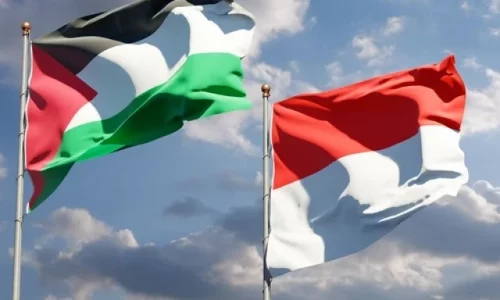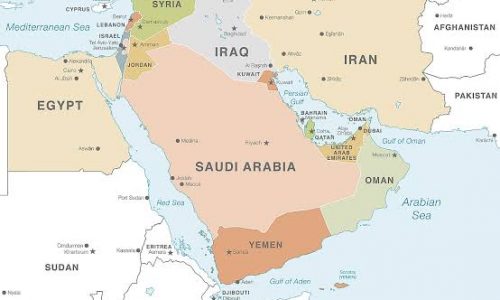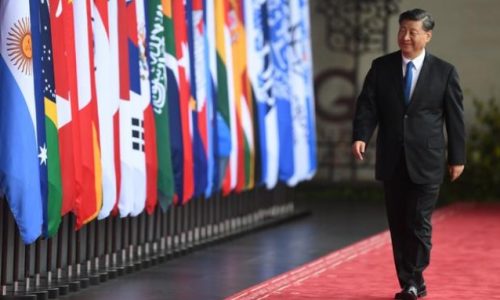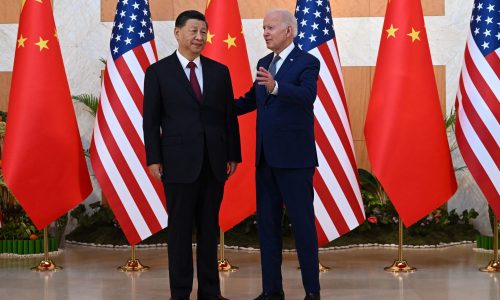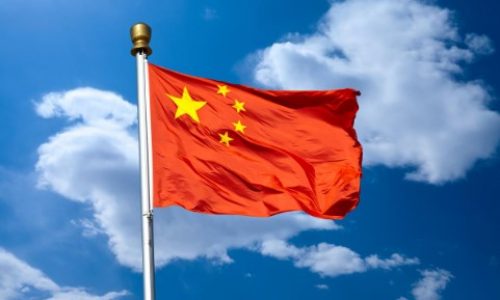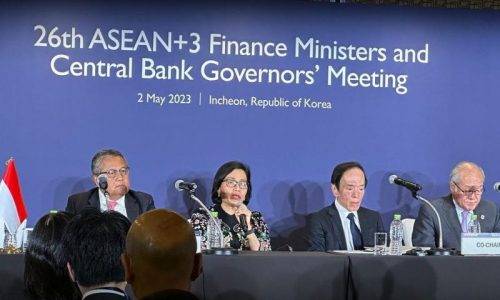Fishermen, local communities, indigenous groups and environmental activists around the world are lashing out at Japan and its export credit agency, the Japan Bank for International Cooperation (JBIC). They are uniting against public financing from Japan for natural gas (LNG) projects that will allegedly have ‘harmful and detrimental’ environmental and human rights impacts.
The protests, led by communities in Indonesia, the Philippines, Thailand, Bangladesh, the United States, Mozambique, Canada and Australia, seek to draw the attention of G7 climate, energy and environment ministers to the alleged injustices surrounding the impacts of Japanese LNG financing on biodiversity, livelihood sustainability and community safety. The demonstrators persuaded Japan to end societal harm by ceasing its financial support for fossil fuel exploitation.
According to a report by Oil Change International and Friends of the Earth US, Japan is providing an average of US$6.9 billion per year for fossil fuels compared to US$2.3 billion for clean energy between 2020 and 2022 − even though the International Energy Agency (IEA) has stated that no new upstream gas projects or LNG terminals should be built to keep the planet from exceeding agreed climate threshold targets.
Japan is also a major supporter of projects in upstream fossil fuel production, providing USD 2.5 billion per year − accounting for almost half (49 percent) of all upstream fossil fuel financing − despite the G7 countries also committing to end international public financing for fossil fuel projects,
“There is a clear pattern across JBIC-financed LNG projects. They are disastrous for climate change as well as for the livelihoods, health and security of local communities, biodiversity, and human rights,’ Hiroki Osada from Japan Friends of Earth said in a joint petition.
“Japan is using public funds to support the gas empire while trying to push LNG as a clean and necessary alternative to coal − when it’s not; gas can be just as bad for the climate as coal. JBIC-funded LNG projects exacerbate biodiversity loss, destroy livelihoods, cause long-term health problems, and forcibly displace indigenous peoples and local communities.”
The petition comes amidst a JBIC investigation into whether it failed to follow its own social and environmental guidelines in funding the first LNG import terminal in the Verde Island canal of the Philippines, known as the ‘Amazon of the Oceans’ and the ‘Center of Marine Biodiversity’. The investigation was triggered by previous petitions filed by local fishermen and communities pointing out the project’s adverse impacts on livelihoods, the absence of project land conversion permits, the absence of tree-cutting permits on project land clearing, and the project’s numerous violations of local environmental standards.
According to the Centre for Energy, Ecology, and Development (CEED), JBIC is the largest financier of fossil fuels in Southeast Asia with a total loan outstanding of US$3.3 billion since the Paris Agreement. In addition to the LNG import terminal in the Philippines, JBIC’s LNG portfolio in Southeast Asia includes: Thailand (gas-fired power plant supplied by Map Ta Phut LNG import terminal) that have led to a sharp decline in fish catches and restrictions on traditional hunting and fishing.
While in Indonesia, Fanny Tri Jambore, Head of Campaign Division at WALHI Indonesia (Indonesia Friend of Earth ) said JBIC-supported gas projects in Indonesia, such as the Java 1 Gas-to-Power project in West Java, Donggi-Senoro LNG in Central Sulawesi, and Tangguh LNG in West Papua, have caused significant environmental damage, reduced or even eliminated people’s livelihoods, and caused forced displacement of indigenous peoples and local communities. “With so many negative impacts on the environment and human rights, and in the midst of a heated global situation, there is no longer any reason for Japan to continue supporting fossil gas projects.”
JBIC also supports projects in Australia, Canada, and Mozambique that directly and indirectly affect community safety and the rights of indigenous peoples. In Australia, the Barossa gas field and Scarborough gas field are being run without the free, prior and informed consent (FPIC) of traditional landowners. In Canada, there was also no FPIC from the Indigenous Wet’suwet’en Nation for a pipeline project that was an integral part of a JBIC-funded LNG export facility, leading to the suppression of peacefully demonstrating land defenders. In Mozambique, a JBIC-supported project is about to restart amidst escalating chaos fuelled by rebel attacks as the project operator, Total Energies, refuses to provide protection to civilian victims at the project site.
JBIC projects are also feared to pose long-term hazards following explosions and various gas leaks that could cause severe health problems, such as asthma, heart disease, and cancer in local communities. The groups also said that JBIC projects threaten to drive electricity prices higher, which will further degrade the quality of life in developing countries like Bangladesh.
“Around the world we urge the JBIC and Japanese Prime Minister Kishida to stop financing fossil gas and contribute to a full, fair, rapid, funded and feminist energy transition to renewable energy,” the petition reads.



